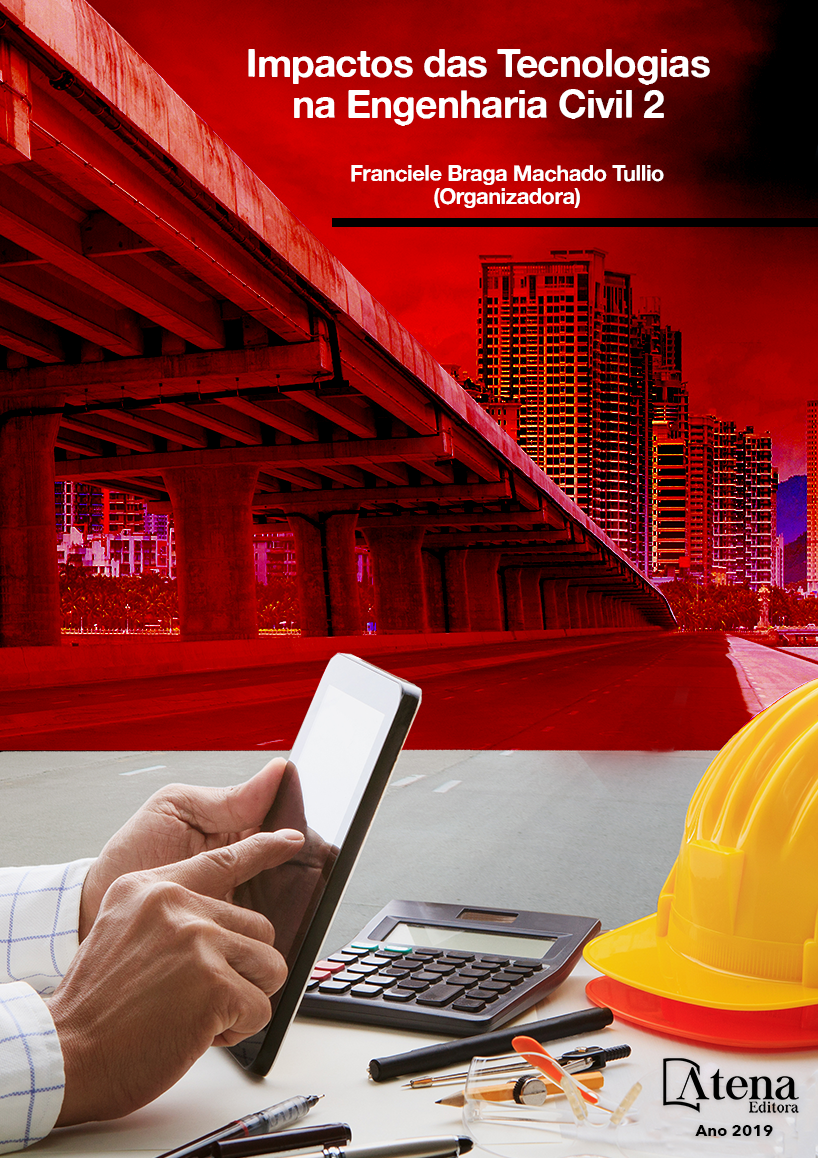
NOVOS PARADIGMAS E DESAFIOS NO ENSINO DE DISCIPLINAS PROFISSIONALIZANTES DE ENGENHARIA CIVIL COM BASE NA APRENDIZAGEM BASEADA EM PROBLEMAS
A Aprendizagem Baseada em Problemas (ABP) é uma metodologia pedagógica que apresenta possibilidades de utilização na Engenharia Civil. Trata-se de uma técnica que constitui-se no ensino centrado no estudante e na resolução de problemas reais ou simulados. O aluno é estimulado a apresentar soluções para os problemas que lhe são reportados, fazendo com que recorram aos conhecimentos das disciplinas e desenvolvam aspectos de discussão, estudos, aquisição e integração de novos conhecimentos. Objetivou-se analisar os desafios da prática da ABP adotada como estratégia pedagógica no ensino de disciplinas profissionalizantes da Engenharia Civil. A metodologia adotada baseou-se em grupos focais de discussão e na construção de modelos teórico que evidenciassem a aplicabilidade da ABP no âmbito da Engenharia Civil. Os dados obtidos foram sistematizados em relatórios que evidenciaram as análises desta pesquisa. Através da ABP, os objetivos cognitivos são estabelecidos e construídos pelos estudantes e pelo professor, fazendo uso do aprendizado do aluno para pensar e formular soluções para os problemas estudados. A ABP trata de princípios de um ensino integrador de conteúdos e de diferentes áreas do conhecimento, fazendo com que os alunos resolvam problemas da futura vida profissional. Esta pesquisa aponta a identificação dos corpos discente e docente em termos da adequada realização das atividades de problematização de situações reais para fins de resolução de problemas. Na avaliação do efeito deste método de aprendizagem tornou-se imperativo analisar os possíveis ganhos de aprendizagem proporcionados pela metodologia ABP. A ABP tornou-se uma opção viável, merecedora da gradual utilização pedagógica.
NOVOS PARADIGMAS E DESAFIOS NO ENSINO DE DISCIPLINAS PROFISSIONALIZANTES DE ENGENHARIA CIVIL COM BASE NA APRENDIZAGEM BASEADA EM PROBLEMAS
-
DOI: 10.22533/at.ed.21019280317
-
Palavras-chave: disciplinas profissionalizantes, Engenharia Civil, aprendizagem baseada em problemas.
-
Keywords: Professional Disciplines, Civil Engineering, Problem-Based Learning.
-
Abstract:
The Problem-Based Learning (PBL) is a pedagogical methodology presents possibilities of use in Civil Engineering. It is technique that is based on student-centered teaching and solving real or simulated problems. The student is stimulated present solutions to the problems that are reported to them, making them use the knowledge of the disciplines and develop aspects of discussion, studies, acquisition and integration of new knowledge. The objective was to analyze the challenges of the practice of the PBL adopted as a pedagogical strategy in the teaching of professional disciplines of Civil Engineering. The methodology adopted was based on focus groups of discussion and the construction of theoretical models that showed the applicability of the PBL in the scope of Civil Engineering. The data obtained were systematized in reports that evidenced the analyzes of this research. Through the PBL, cognitive goals are established and constructed by the students and the teacher, making use of the student’s learning to think and formulate solutions to the problems studied. The PBL deals with principles of content education and different areas of knowledge, making students solve problems of the future professional life. This research identifies the identification of the student and teacher bodies in terms of the adequate accomplishment of the problematic activities of real situations for the purpose of problem solving. In evaluating the effect of this learning method it became imperative to analyze the possible learning gains provided by the PBL methodology. PBL has become a viable option, deserving of gradual pedagogical use.
-
Número de páginas: 15
- HENRIQUE CLEMENTINO DE SOUZA


